Search 110 results
- Remove filter: IB History
- Remove filter: U.S. Government and Civics
Filter by
Events
Series
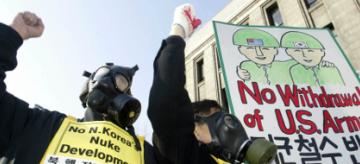
The History of Nuclear Proliferation
What are the most significant attempts to stop the spread of nuclear weapons, and have they succeeded? Explore this timeline, from the first atomic bomb to Russia’s war in Ukraine.
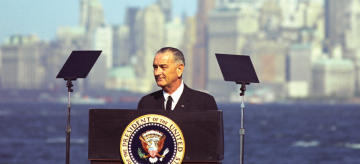
History of U.S. Immigration Policy
Explore how the United States has responded to migrants throughout history—from the Chinese Exclusion Act to DACA—and how immigration policy influences the society, economy, and politics of a country.
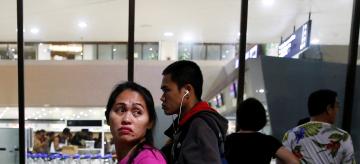
The Lasting Effects of Emigration
When migrants seek work abroad, what does their home country gain and lose? Explore one example of a country shaped by emigration, the Philippines.

The Origins of the Internet
The internet evolved from a niche government tool to a nearly universal platform for communications and entertainment.

What Is Global Health?
We have made advances in global health, but we face challenges from new disease trends—and need funding to treat them.

The Marshall Plan
Understand how the Marshall Plan, one of the first large foreign aid programs, helped Europe rebuild after World War II, but also served the foreign policy interests of the United States.
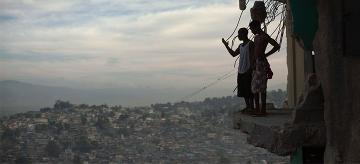
Understanding the Last Fifty Years of Global Development
Has life gotten better for people around the world? Learn how improvements in health, education, and income are measured and explore three countries' opportunities and challenges with development.

Technology and Development
As Great Britain’s Industrial Revolution and India’s Green Revolution have shown, technological innovation can drive extraordinary development. Explore how digital advancements are further driving progress today.
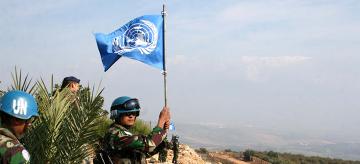
The Rise and Fall of the Responsibility to Protect
Sovereignty is sacred. But when lives are in danger, does that principle still apply?
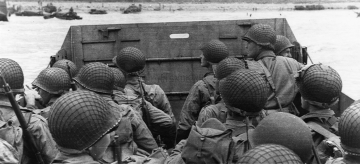
Why Did World War II Happen?
In this free resource on World War II, understand the causes of World War II and why these issues drove countries back to battle just two decades after World War I.